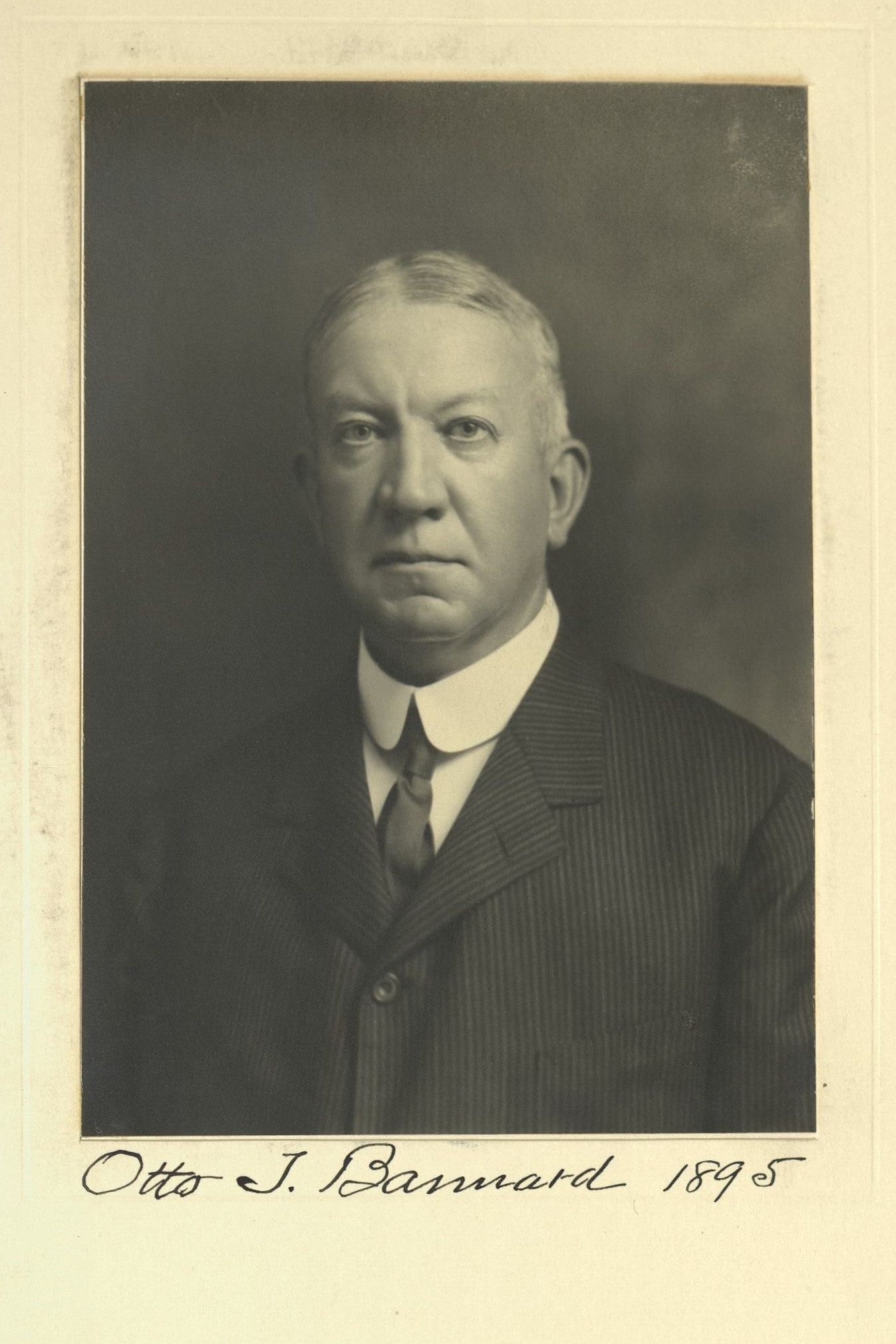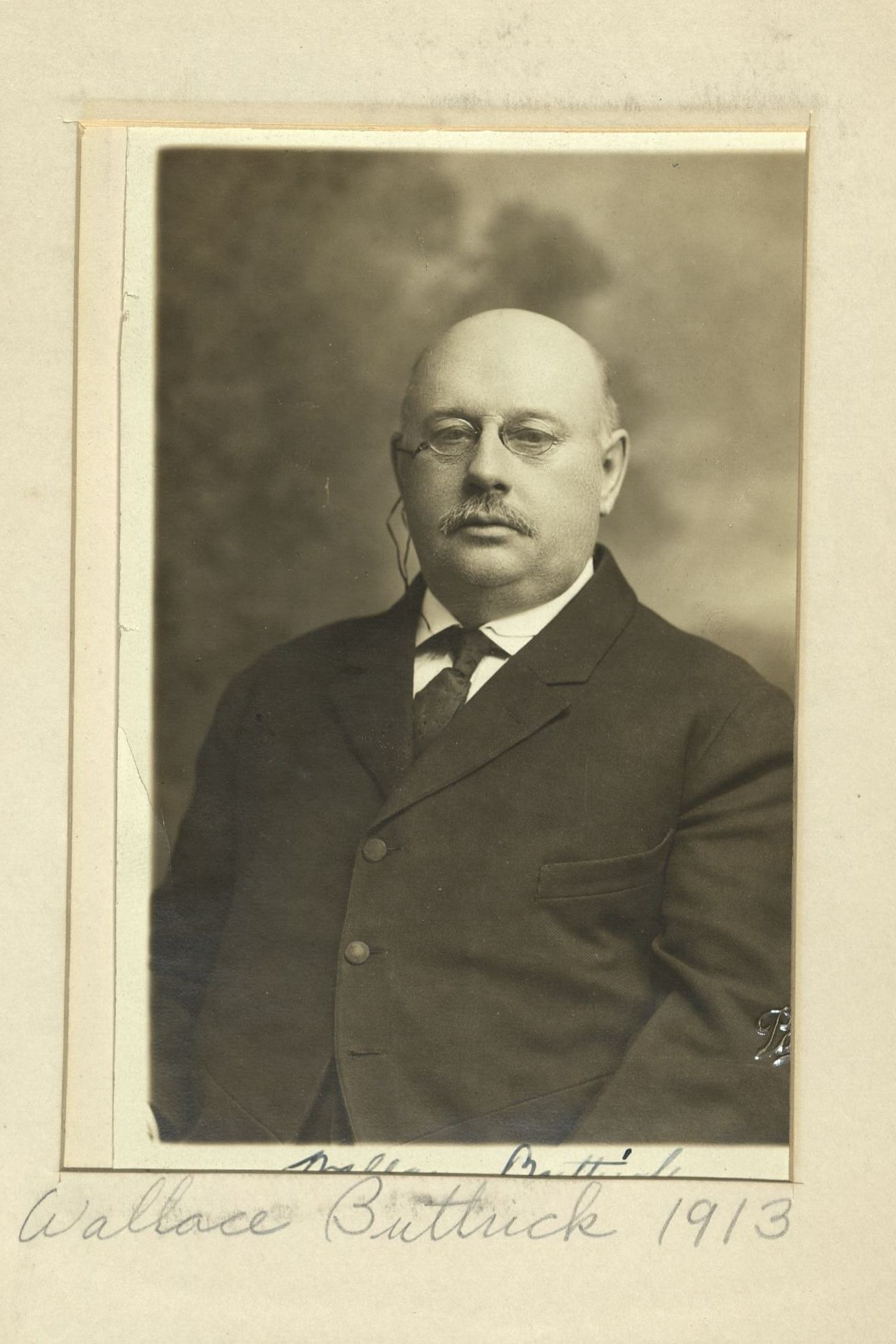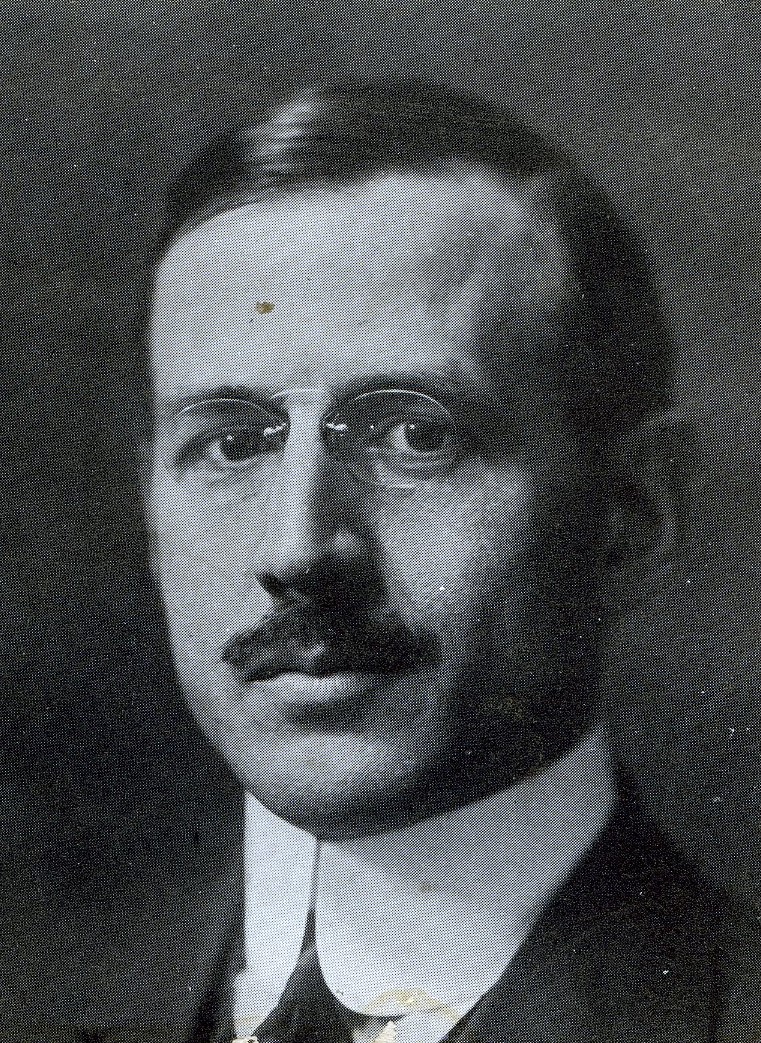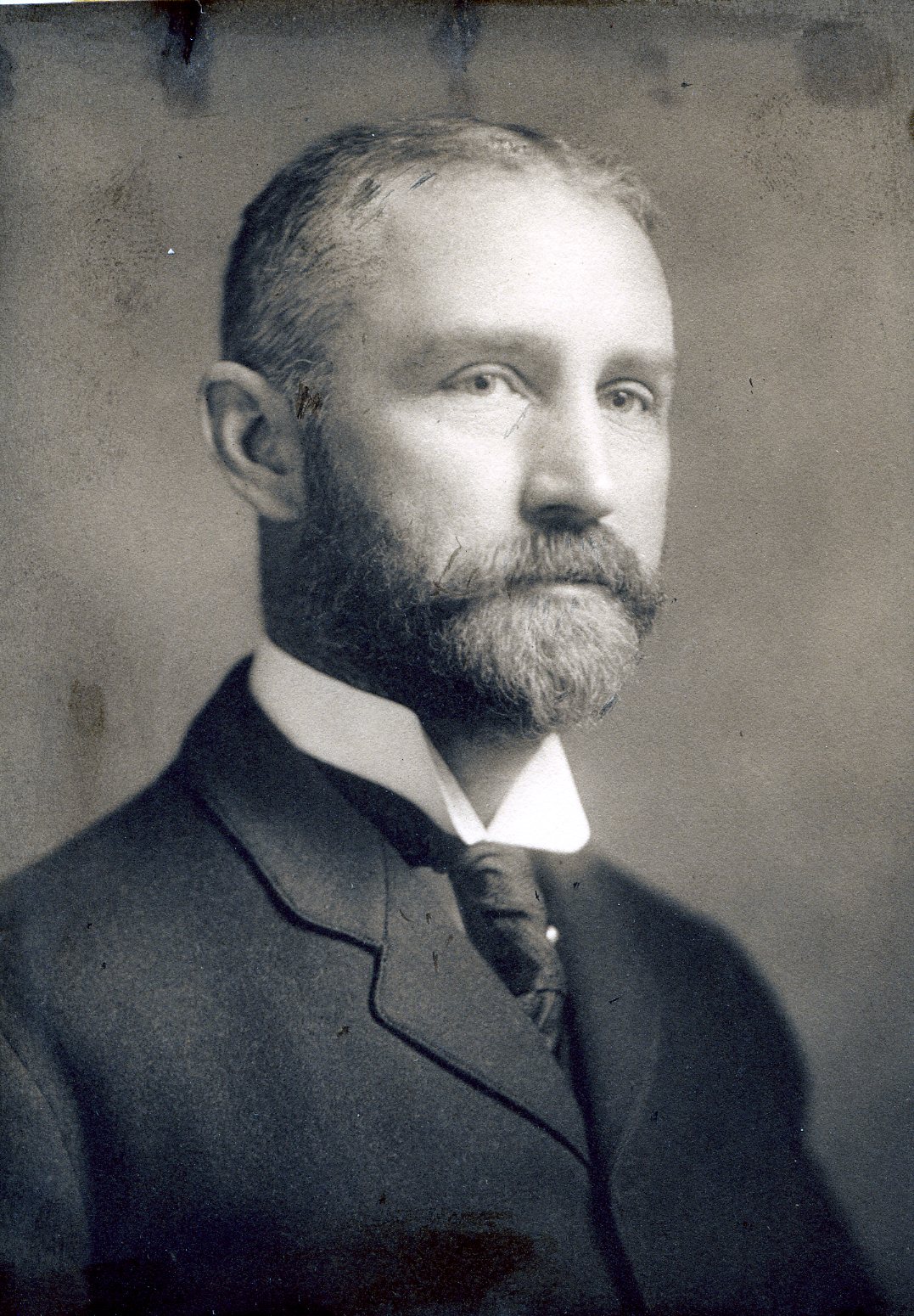Member Directory,
1847 - 1922
James Rowland Angell
President, Carnegie Corporation/President, Yale University
Centurion, 1921–1949
Henry S. Pritchett and Wallace Buttrick
Burlington, Vermont
New Haven, Connecticut
Age fifty-one
New Haven, Connecticut

Century Memorial
James Rowland Angell. [Born] 1869. Psychologist, statesman of science, educator.
In describing a man of the size of Dr. Angell where does one begin?
As psychologist, he was a member of the National Academy of Sciences and this means that he was in the highest rank of his scholarly profession. He had had the best training that Europe and America afforded. His mind was original, he had forthright convictions, there was deep probity of spirit, there was beautiful and precise and lucid expression, there was grace and wit and magnanimity; there was size and scope to the men.
For twenty-five years he taught in all ranks at the University of Chicago, a scholar who truly was senior in his profession, the “creator of psychologists.” Then for a year he was President of the Carnegie Corporation of New York whose benefactions in the year of his office totaled $35,000,000. After that he was President of Yale for sixteen years, the period when the value of the university’s properties rose from $35,000,000 to $100,000,000. He changed not only the face of the University but also its educational scope.
And then, after all this, he was for twelve years educational and public service counsellor to the National Broadcasting Company.
All this is well known but is not the most important. Greater than his creation of the new Yale was the fight which was waged and won in the United States for adequate support for scientific research—waged and won largely by Centurions—James Rowland Angell, John J. Carty, Frank Jewett, Gano Dunn, to name only a few. The war-cry was Angell’s. “The price of a sound progressive national life in these times is widespread and intelligent scientific research.” And consider well his beautiful elaboration of its meaning:
“Certainly, the national character of the obligation to foster scientific research cannot be called into question by any thoughtful observer of the present trend in the development of civilization; and it is absolutely essential in this connection that we conceive of research as the organized technique of science for its own propagation. It is, so to speak, the reproductive process of science. To think of it as is so often done, as a mere addendum to science, as a sort of luxury of the scientific rich, is fundamentally and perniciously false.”
Without that point of view made effective, we could never have waged the Second World War, much less have won it. The atomic nucleus would not have been split; there would be no hormone therapy; the world would not be as it is. You may or may not like the world as it is, but the fact is that without men like Dr. Angell who saw science as the sine qua non of survival and material progress, there would now be no freedom in America, no Century Association.
There is no word of exaggeration in any part of that statement and it is the measure of Dr. Angell.
Source: Henry Allen Moe Papers, Mss.B.M722. Reproduced by permission of American Philosophical Society Library & Museum, Philadelphia
Henry Allen Moe
Henry Allen Moe Papers, 1949 Memorials
Related Members
Member Directory Home-
 Otto T. BannardPresident, Continental Trust CompanyCenturion, 1895–1929
Otto T. BannardPresident, Continental Trust CompanyCenturion, 1895–1929 -
 Wallace ButtrickExecutive Secretary, General Education BoardCenturion, 1913–1926
Wallace ButtrickExecutive Secretary, General Education BoardCenturion, 1913–1926 -
 John J. CartyChief Engineer, American Telephone and Telegraph CompanyCenturion, 1916–1932
John J. CartyChief Engineer, American Telephone and Telegraph CompanyCenturion, 1916–1932 -
 Gano DunnEngineerCenturion, 1919–1953
Gano DunnEngineerCenturion, 1919–1953 -
 Henry S. PritchettPresident, Institute of TechnologyCenturion, 1907–1939
Henry S. PritchettPresident, Institute of TechnologyCenturion, 1907–1939




